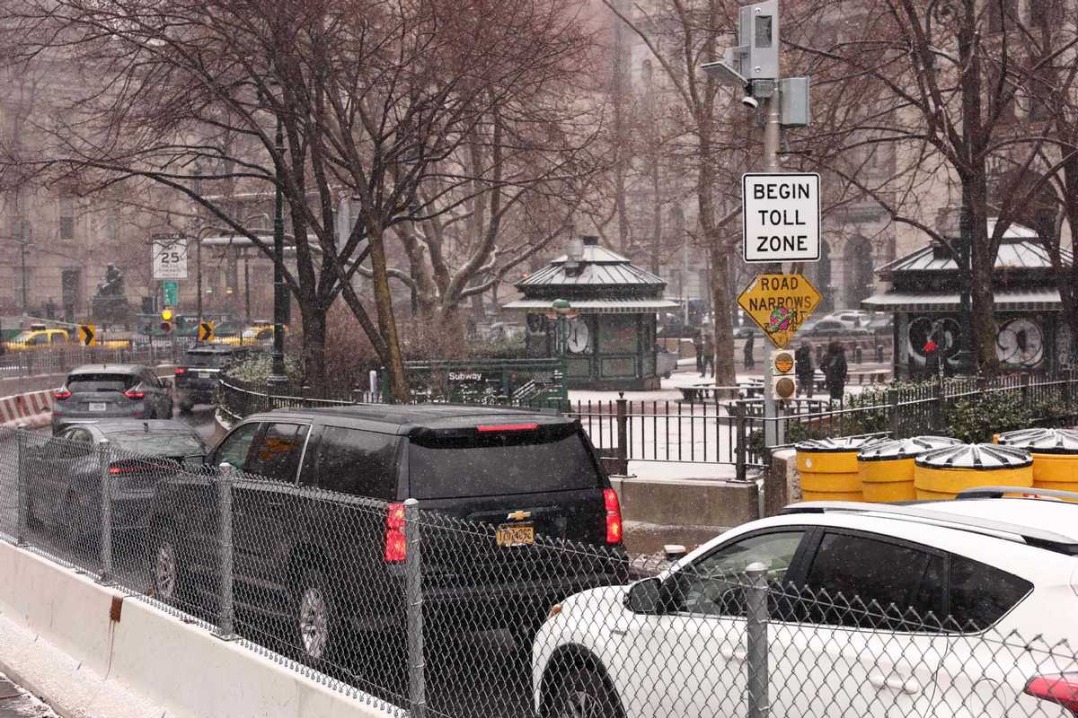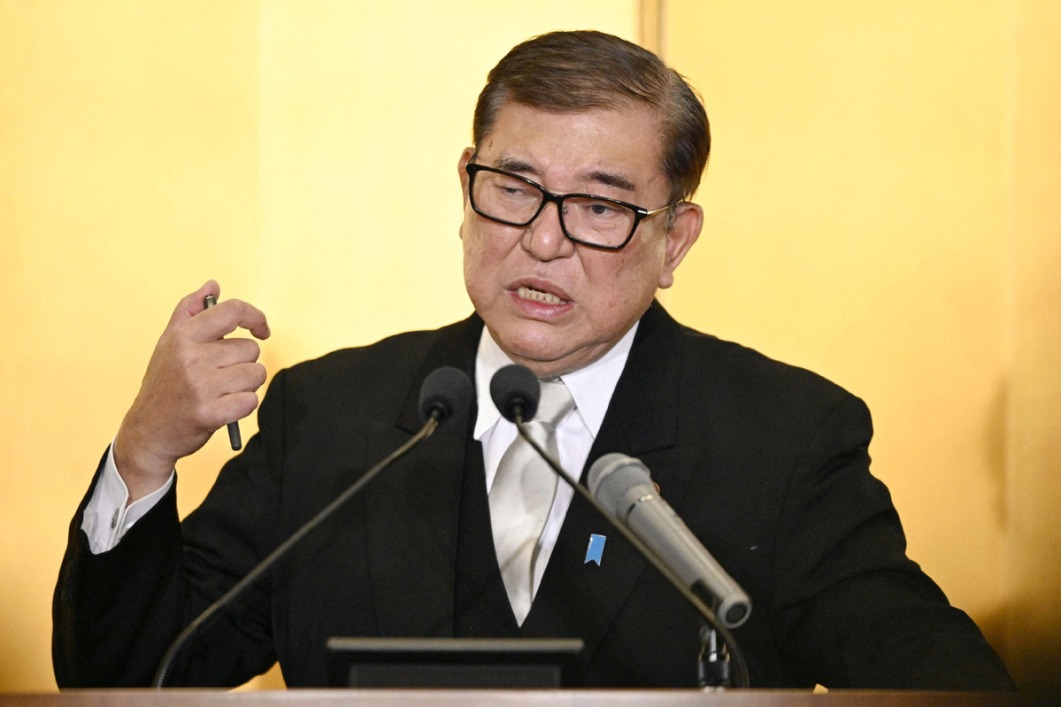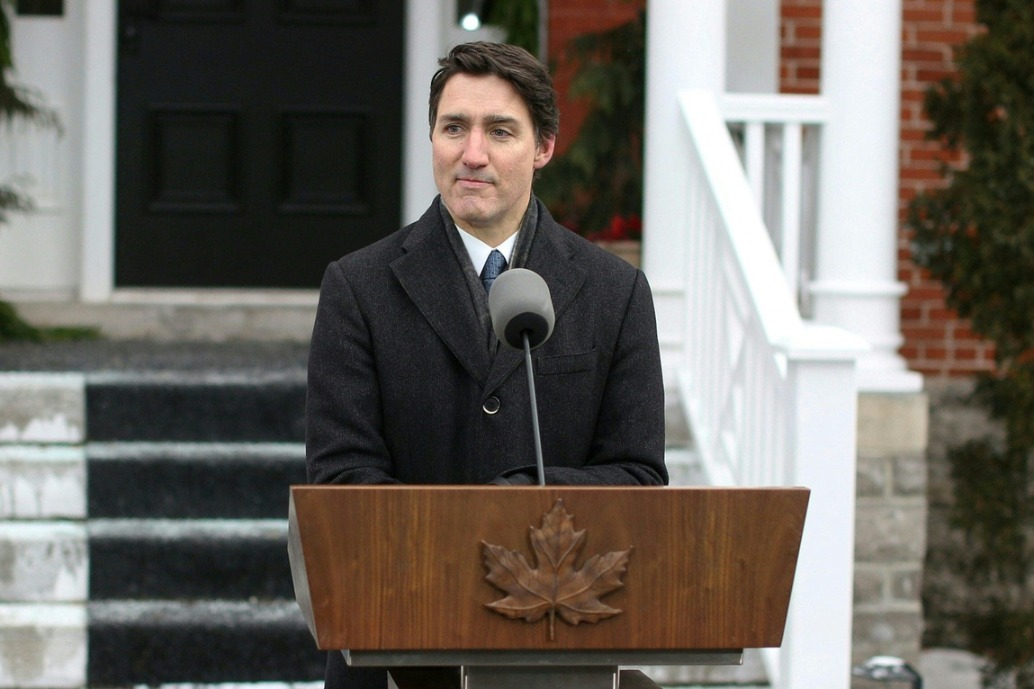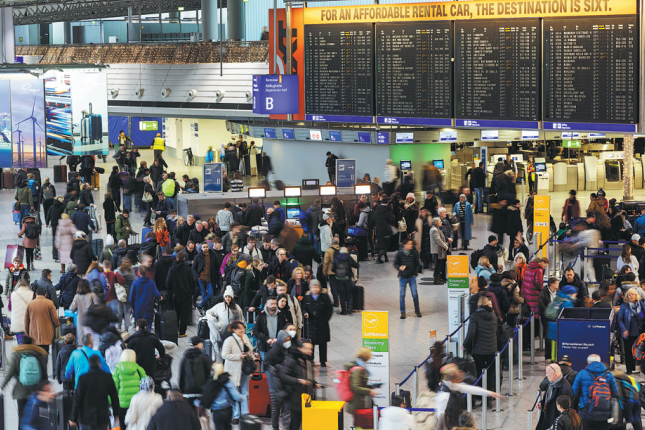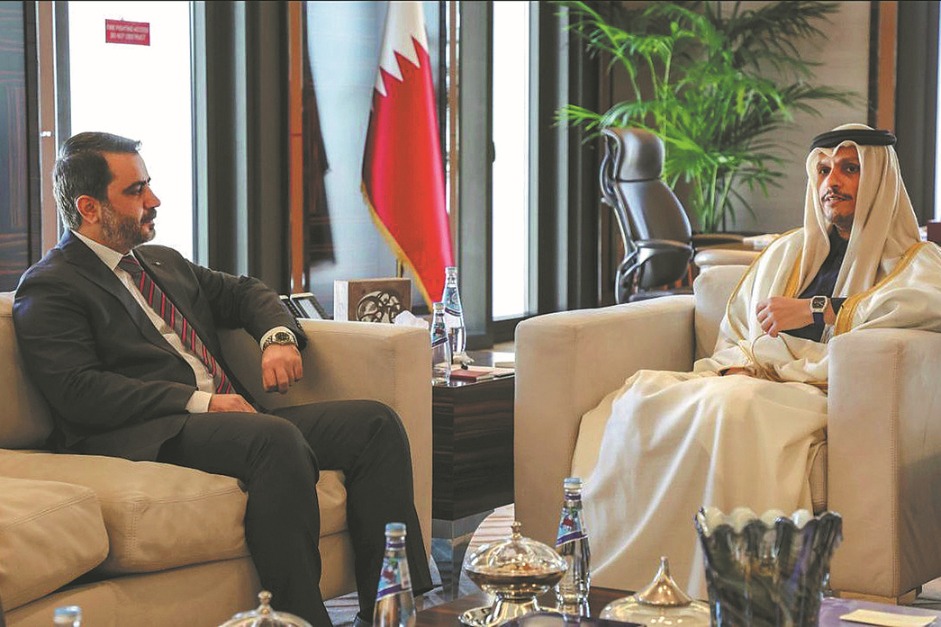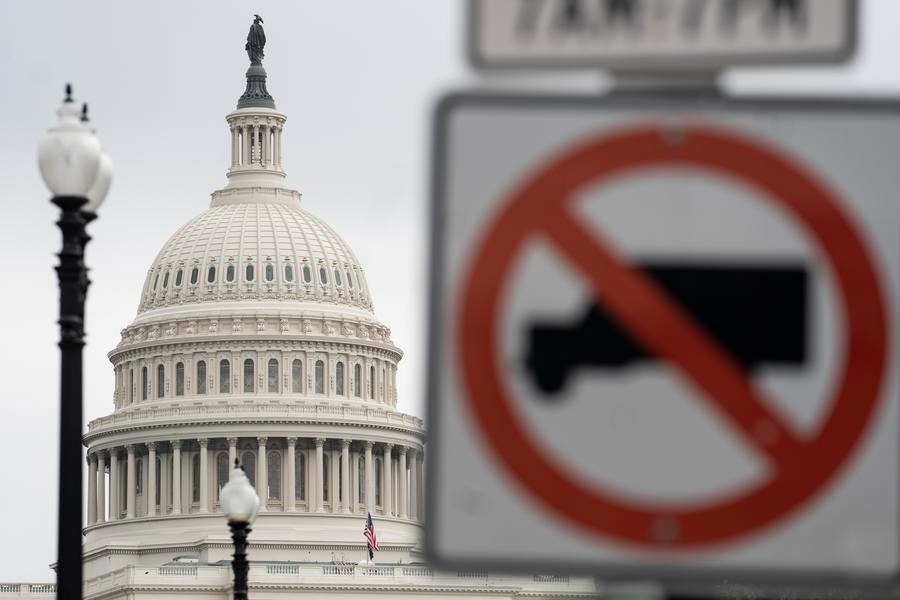No sign of letup in farming dispute

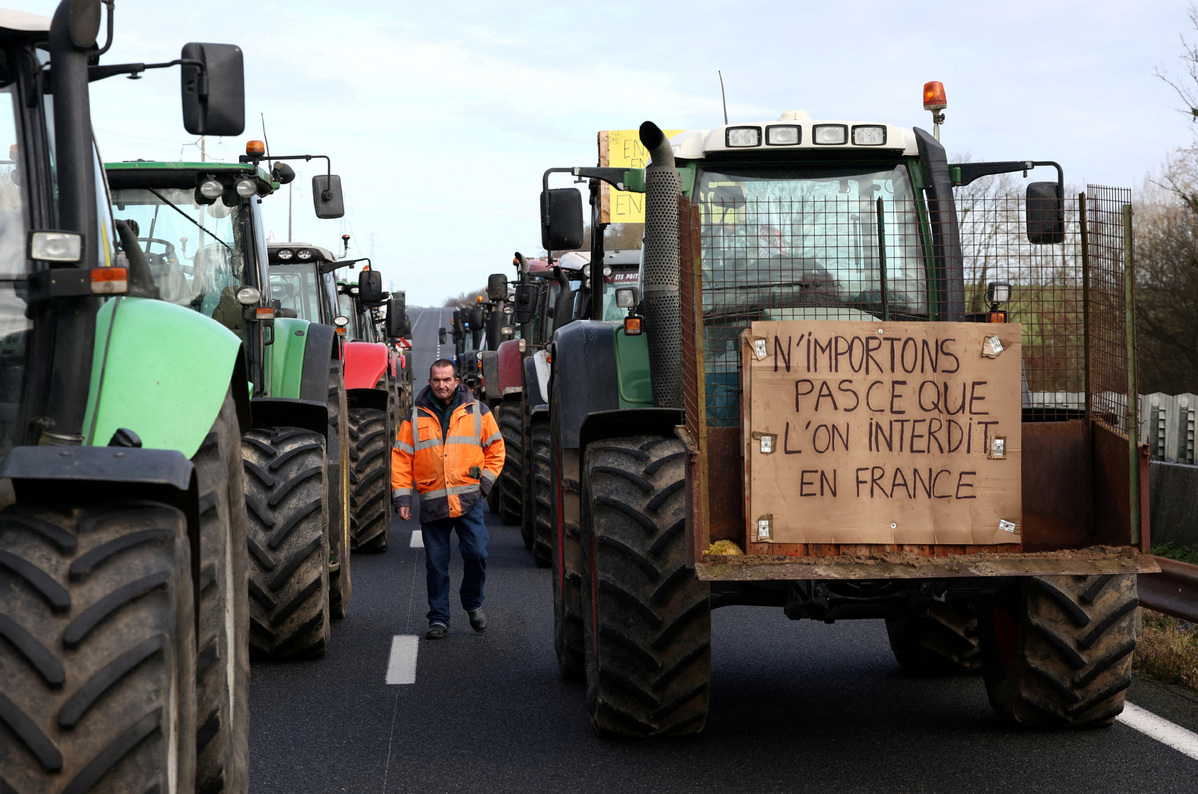
Leaders of France's largest farming unions have vowed to keep up their protests against the government despite French Prime Minister Gabriel Attal offering concessions in a row over cuts to fuel subsidies.
Previously, farmers had pledged to launch what union leaders called "an indefinite siege of the capital… all the major roads leading to (Paris) will be occupied by farmers", and a blockade of the Rungis wholesale food market south of the city.
The Financial Times newspaper quoted Pierrick Horel of the Young Farmers Union as telling television channel BFMTV the aim was to make Paris feel the pinch.
"The idea is that there are no trucks that can supply the capital . . . so shortages can be felt," he said. "We need to make Parisians understand they need farmers to live, and that the capital is not self-sufficient, something the prime minister seems to have forgotten."
On Friday, the newly-appointed Attal promised to "put agriculture above everything else", telling farmers "you wanted to send a message, and I've received it loud and clear… without our farmers, we aren't France any longer, and we aren't a country".
Agriculture Minister Marc Fesneau told broadcaster France Info "there would be further measures taken", but so far the government's words seem to have cut little ice.
"The government must go further," Arnaud Rousseau, head of France's largest farmers union, the FNSEA, told news channel TF1. "We have made the decision to keep up the movement."
Christopher Derrett, spokesperson of the Coordination Rurale group, told France 24 television the situation was getting desperate.
"The government is doing its best to put a plaster on our wounds but things have got much worse than they seem to understand," he said.
"In less than a generation we've changed from becoming landlords to tenants of our own lands, the taxation of our land is so high we can't afford to stay...no youngsters feel it's a good choice to get into farming."
France is the biggest agricultural producer in the European Union, and the fears of its farmers have been echoed in recent weeks by their counterparts elsewhere, most notably Germany.
In both countries, there are fears far-right parties will weaponize agricultural anger in the run-up to spring's European Parliament elections.
Jordan Bardella, leader of the National Rally party, has accused "the European Union and the Europe of (French President Emmanuel) Macron" of wanting "the death of (French) agriculture", and the Alternative for Deutschland party has also latched onto popular discontent in Germany.
















